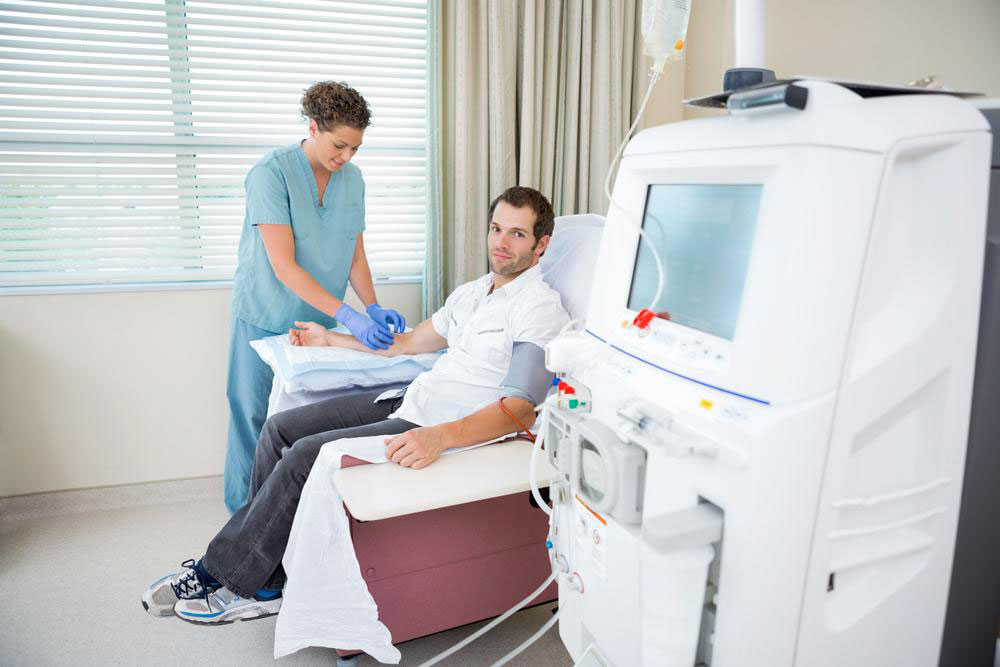Comprehensive Overview of Peyronie's Disease: Causes, Symptoms, and Treatment Strategies
Peyronie's disease involves scar tissue formation causing penile curvature and discomfort. This condition is common in middle-aged men and can be managed with medications, therapies, or surgery. Early diagnosis and treatment are crucial for optimal results and preserving sexual health.

Peyronie's disease is a male condition characterized by fibrous scar tissue buildup inside the penile shaft. This plaque formation often occurs after trauma or internal bleeding within penile tissues. Contributing factors include nutrient deficiencies, hormonal imbalances, certain medications, and genetic tendencies.
The condition commonly results in penile curvature, causing pain and emotional distress during intimacy. It primarily affects men in middle age, with an estimated prevalence of 1% to 8%.
Key Signs and Symptoms
Pain during erection or intercourse
Penile bending or curvature
Weak or soft erections
Reduced penile length
Difficulty with sexual activity
Psychological impact
Preventive Tips
Stop smoking
Maintain regular physical activity
Limit alcohol intake
Avoid unprescribed drugs
Treatment Approaches
Management depends on severity. Mild cases may resolve spontaneously, while persistent symptoms might require medical intervention.
Injectable Therapies
Collagenase (Xiaflex): FDA-approved for moderate to severe curvature, breaking down collagen to reduce plaque and bend. Effectiveness continues to be studied.
Verapamil: Intralesional injection aimed at decreasing collagen production and alleviating pain.
Interferon: Promotes scar tissue dissolution, improving curvature and discomfort.
Shockwave Therapy
High-frequency sound waves are used to stimulate tissue healing in calcified plaques. Usually performed over three to five sessions.
Surgical Options
Reserved for severe or unresponsive cases, surgeries can involve scar removal, tissue grafting, penile lengthening, or prosthetic implantation to straighten and restore function.
Early-Stage Medications
Vitamin E
Tamoxifen
Colchicine
Carnitine
Potassium aminobenzoate
Sildenafil
Tadalafil
Pentoxifylline
Prompt consultation with a healthcare provider is vital for diagnosis and tailored treatment to manage symptoms effectively.


